Small Island Developing States call for a new climate financing regime that does not aggravate their debt burden.
It was "Finance Day" here at COP29 on Day 4. Most events and meetings have focused on finance, one of the core topics of this climate summit. Although progress on the final outcome is moving slowly, negotiators have been dealing with a range of issues, from access to funds to facilitating the flow of climate resources.
Numbers and how much overall funding should amount to, have also taken centre stage.
A new report released on Thursday by the Independent High-Level Expert Group on Climate Finance (IHLEG) suggests that talks should focus on reaching up to $1.3 trillion by 2035.
Sherry Madera, CEO of CDP, a global non-profit that runs the world’s environmental disclosure system for companies, cities, states and regions to manage their environmental impacts, told Euronews:
"Today at Finance Day at Cop 29, I think we're really focused on mobilizing capital. But right now it really does range from the 5 trillion that IMF is talking about year on year all the way up to, I'm hearing 40, 50, 60 trillion a year that's needed to be able to solve this climate crisis."
She added: "So the reality that we need to focus on is thinking about what is realistic. What is it that we actually have to do to get some of that money moving, even if it's 1 to 3 trillion? Because frankly, we need to act now and at pace. And it's corporates. It's the public and private working together."
'Special facilities, not debt'
Small Island Developing States (SIDS) are on the frontline of the climate crisis, and their call is crucial in the negotiations.
Joyelle Trizia Clarke is Minister of Sustainable Development, Environment and Climate Action and Constituency Empowerment of the Carribbean island nation of Saint Kitts and Nevis. She told Euronews:
"The requests for SIDS to be acknowledged as a special group with unique vulnerabilities was always on the frontline of the climate crisis is a recognition that with our limited access to climate finance, we won't be able to respond to this existential threat that we didn't cause."
Trizia Clarke also emphasised the need for a new finance regime adapted to the situation the SIDS are facing:
"Most of the adaptation finance that we receive is in the form of debt. It adds to the burden that we already feel. So that's why since are making a very special case for special facilities for them to access climate finance."
'Trillions, not billions'
And for the first time since the start of the summit, climate activists have been allowed to stage their protests inside the COP venue. Alongside reducing emissions, they are demanding that developed countries step up their commitments
Sandra Guzman, an activist from the Climate Finance Group for Latin American and the Caribbean told Euronews:
"Today we know that the climate finance needs are valued in trillions and we are just getting billions for it. For this reason, we are here to demand trillions to really invest not only in reducing emissions, but also to increase our capacity to adapt to this crisis. And we are also going to pay for the losses and the damages that we are already suffering in all around the world. This new collective goal is an incentive, but also is a way to help us to continue the fight in the context of climate change."
More progress on the existing unofficial draft text is expected on Monday when government ministers arrive in Baku.

 1 month ago
16
1 month ago
16

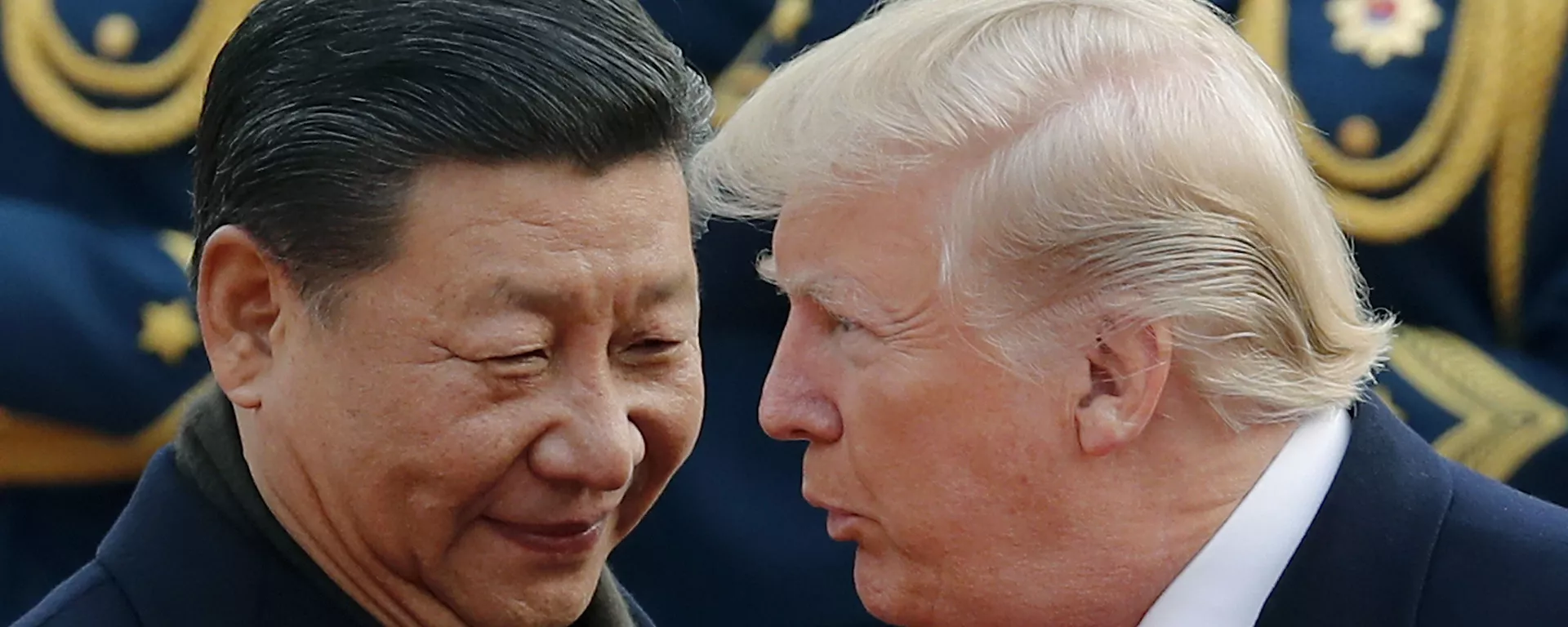
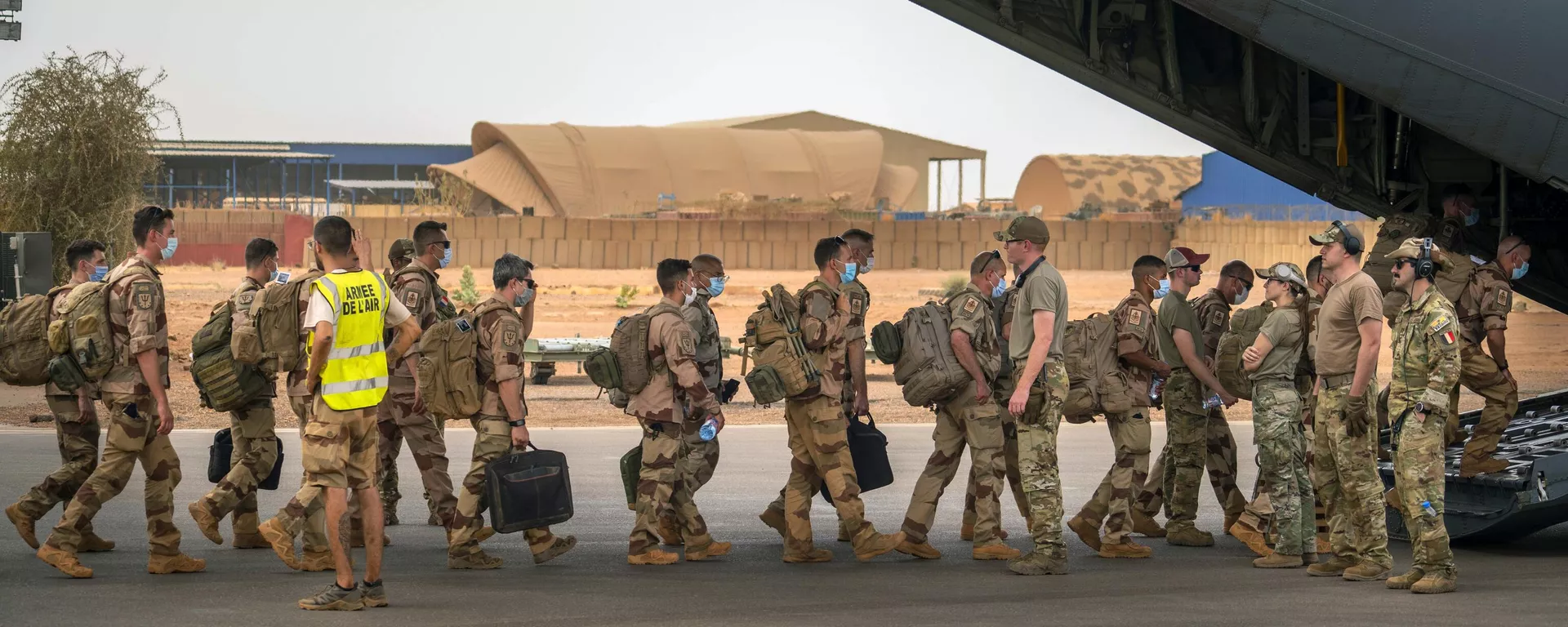
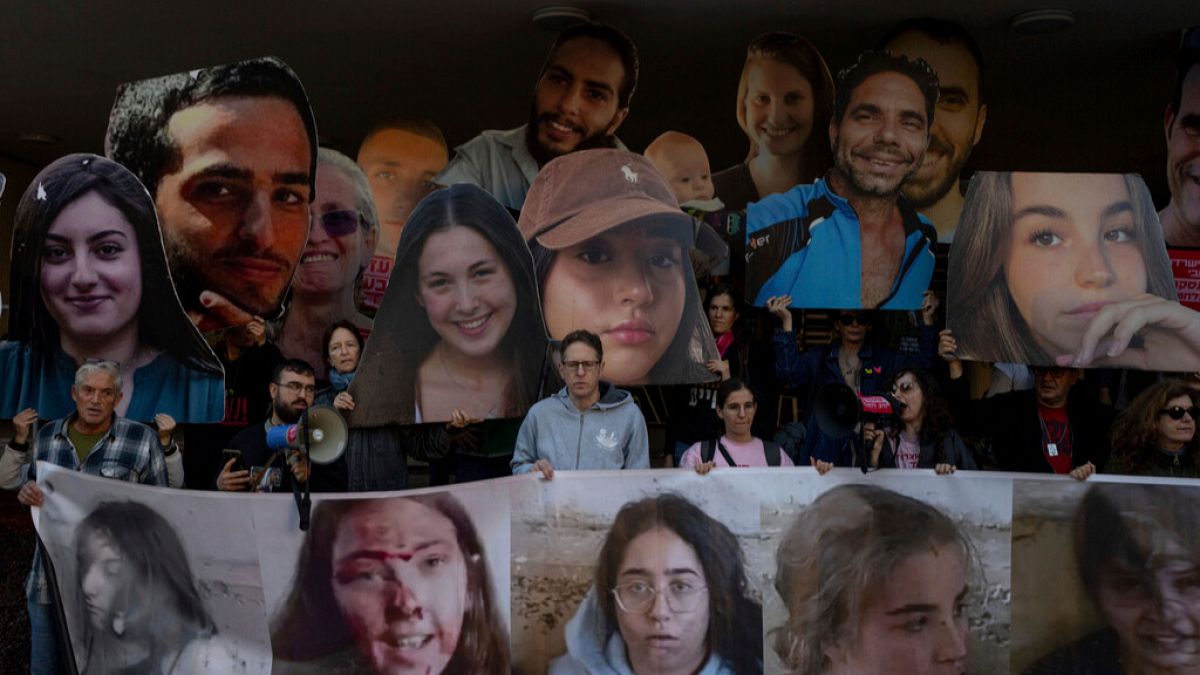
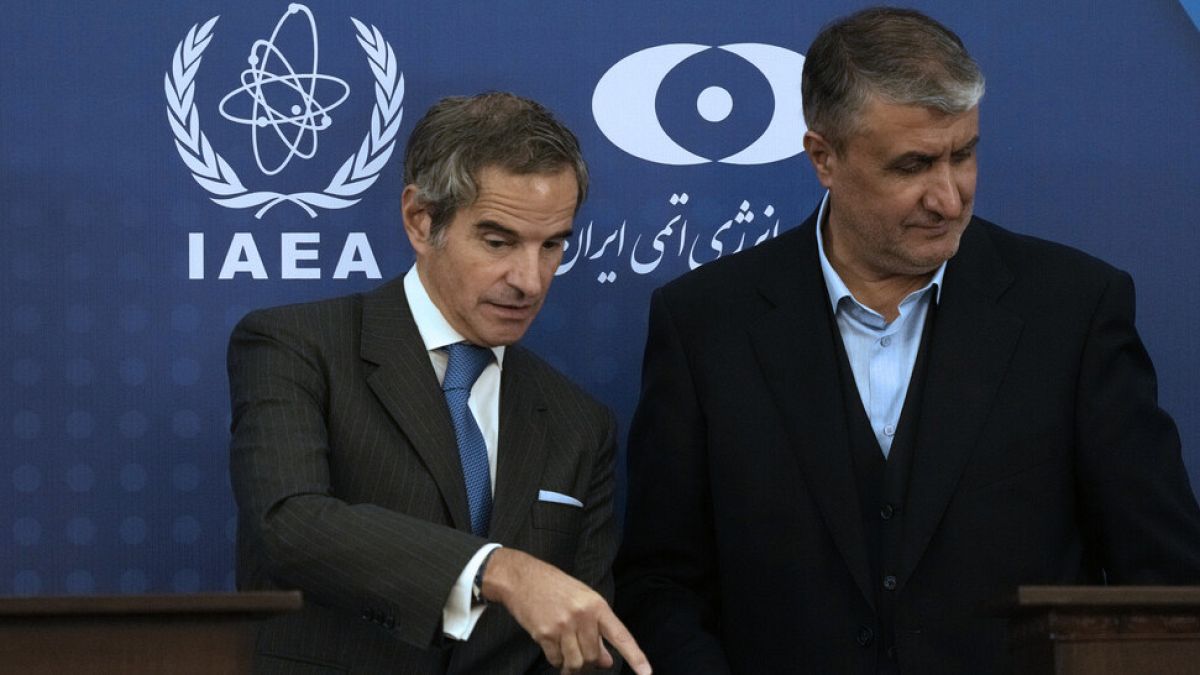
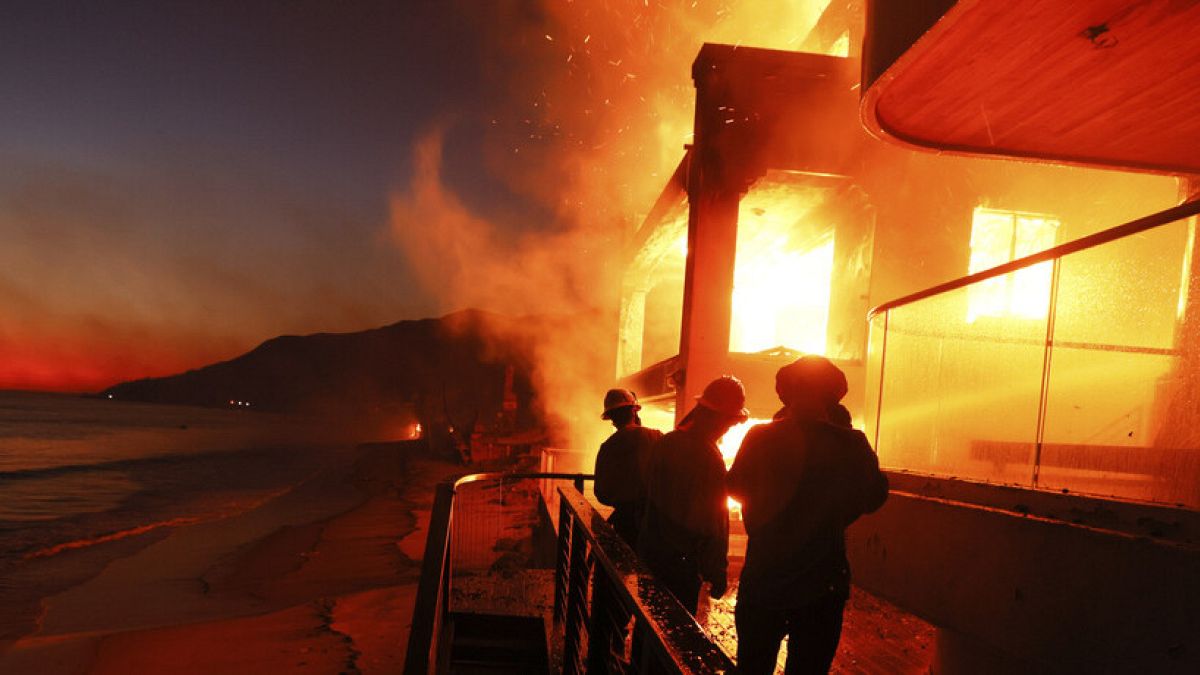
 We deliver critical software at unparalleled value and speed to help your business thrive
We deliver critical software at unparalleled value and speed to help your business thrive






 English (US) ·
English (US) ·